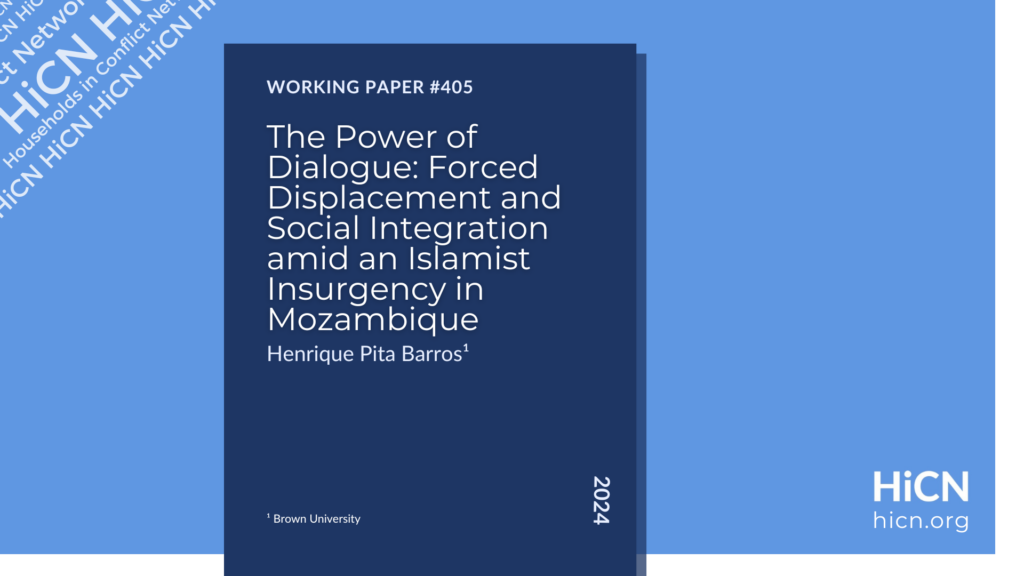
With global forced displacement at an unprecedented level, there is an increasing demand for low-cost interventions that can reduce tension between displaced persons and host communities. This study undertakes a novel field experiment designed to improve the social integration of internally displaced persons (IDPs) into host communities under conditions of scarce resources and low state capacity. The experiment was conducted in Cabo Delgado, Mozambique’s northernmost province, where an Islamist insurgency has resulted in over one million IDPs. Hosts and IDPs participated in joint community meetings in which they discussed topics related to the collective life of both groups, and IDPs also narrated their stories of escape from insurgents. Analysis of survey data, list experiments, the Implicit Association Test, and lab-in-the-field games shows that the community meetings produced immediate and sustained positive effects on the relationship between hosts and IDPs. Religious tolerance also improved, and religious-extremist beliefs decreased, highlighting the potential of intergroup contact to support counterinsurgency efforts. As a novel insight, this study finds that even brief but structured intergroup interactions can have a beneficial long-lasting impact on social cohesion.